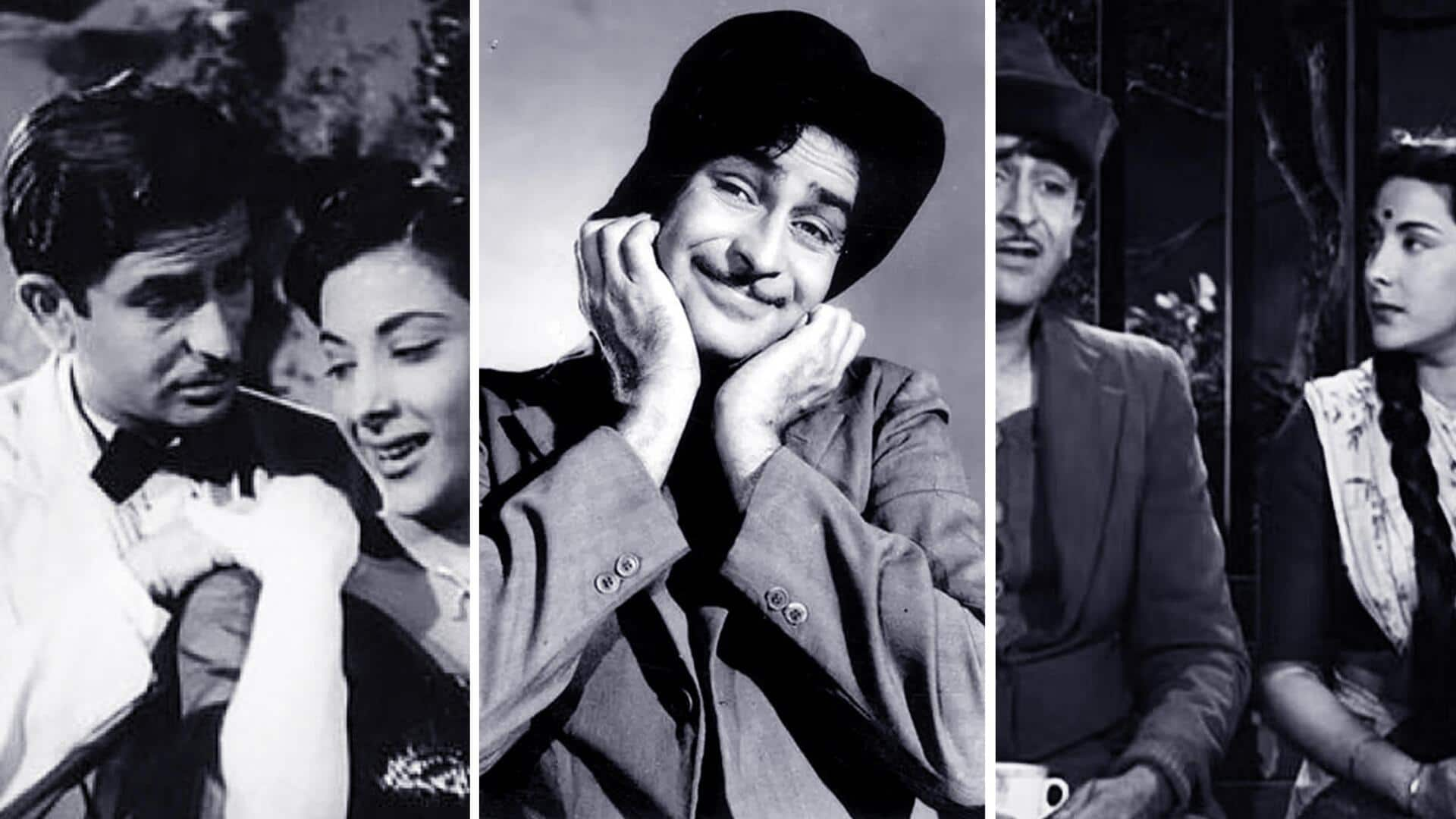
'Raj Kapoor 100': Inside the restoration process of 'Awaara'
What's the story
The 4K restoration of Raj Kapoor's Awaara was screened at the Toronto International Film Festival in September. The project was led by the National Film Development Corporation and the National Film Archive of India (NFAI), as part of a ₹597cr project by the Ministry of Information and Broadcasting. The entire filmography of RK Films had been deposited with NFAI. Ahead of Raj Kapoor 100—a film festival to celebrate Raj's centenary celebrations— his nephew Kunal Kapoor spoke about the film's restoration.
Involvement details
Kunal's role in 'Awaara' restoration clarified
In an interview with The Hollywood Reporter India, Kunal clarified his role in the restoration of Awaara. Contrary to reports which stated he "skillfully oversaw" the process, he revealed he only saw the film just before it was screened at TIFF and wasn't informed earlier. He said, "We weren't informed (before that)."
Restoration changes
The evolution of film restoration in India
The restoration of Raj's films in 4K has been a subject of conversation for years, with retrospective screenings at Museum of Modern Art (MOMA) in 1985 and 2012. But since 2012, the technology for restored films has changed drastically. NFAI had to go back to the drawing board to scan the negatives in 4K resolution. This change was necessitated by Raj's birth centenary celebrations and the upcoming retrospective event from December 13-15.
Restoration process
The complexities of film restoration
Film restoration is a time-consuming process where one has to source available material, repair negatives, and scan them in the desired format. This can take more than a year and requires a lot of resources. Most restorations in India are "digital restorations," where the original negatives aren't repaired but cleaned and scanned frame by frame. Awaara's restoration was part of this larger digital restoration project for Raj's films, per THRI.
Restoration critique
Kunal's critique of NFAI and personal involvement
Kunal was unhappy with NFAI's restoration of Awaara, slamming the grading, subtitling, and sound quality. Per him, the work was "obviously not up to the standard." After its premiere at TIFF, he took it upon himself to restore it at Prasad Studios. Although he knows he won't be able to restore all films for the December retrospective, he is determined to improve their quality. "Polishing off will need to be done. There are also a lot of films — twenty-one."
Restoration views
His perspective on film restoration and preservation
He stressed film restoration isn't an automatic but a creative process. Kunal said, "It is a creative process, but the creative input is very difficult to describe. It is what you think is right, and that has a lot to do with your exposure, your experience, your background." "Preservation is not in our psyche. We are very good at rewriting history. But our preservation — whether our monuments or our history — is so poor."